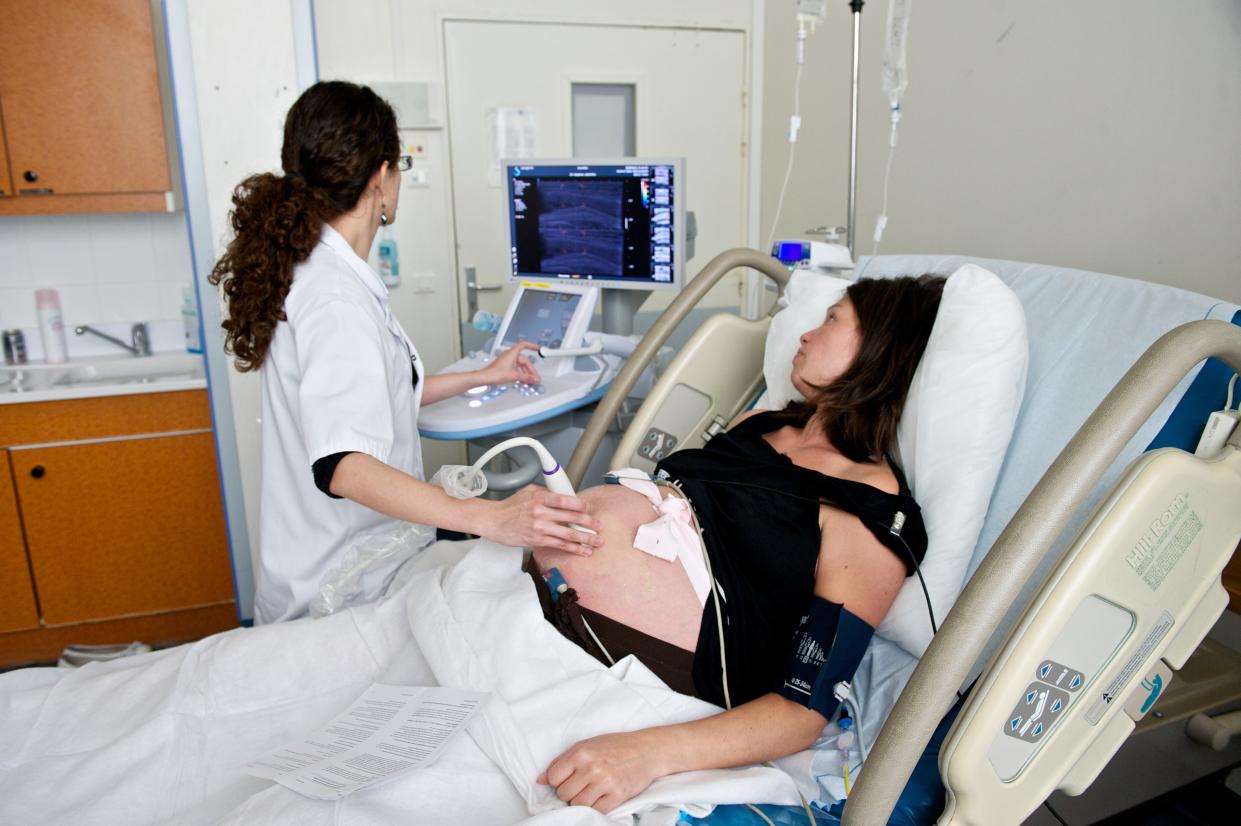Study suggests that millennials are more depressed during pregnancy than women 25 years ago

According to a recent study, perfectionism, defined as “as a combination of excessively high personal standards and overly critical self-evaluations,” is a factor in higher levels of depression among the millennial generation.
And now a new study is suggesting that young women are more likely to feel depressed during pregnancy than just one generation ago.
The Journal of the American Medical Association: Network Open reported July 13 on a study that found that depression in young mothers is 51 percent more common than it was 25 years ago. Furthermore, it is suggested that prenatal maternal depression may be intergenerational, as 54 percent of second-generation daughters said their mothers also experienced depression during pregnancy.
The study examined two generations of pregnant women between the ages of 19 and 24 who resided in southwest England. It found that women who gave birth between 2012 and 2016 had a higher score on depressive symptom tests (which tested self-blame, sleeping problems, and anxiety) than their mothers, who were pregnant between 1990 and 1992.
The findings indicated that the risk of depression may be higher in 18-year-olds, although they were not surveyed in the study. “Given that very young age at pregnancy is a risk factor for depression, this would suggest that, if anything, depression in [millennial women] is underestimated, and the increase could be greater,” lead author Rebecca Pearson wrote.
The study credited millennials’ inflexible work arrangements, mounting financial pressure, and difficulty balancing work and home life with the rising rates of depression while pregnant.
Read more from Yahoo Lifestyle:
‘He’s like a son to me’: Aunt wants to take nephew to court after winning $1 million lottery
Martha’s Vineyard Transit Authority bus driver passed a potential passenger ‘because you are black’
Follow us on Instagram, Facebook, and Twitter for nonstop inspiration delivered fresh to your feed, every day.

